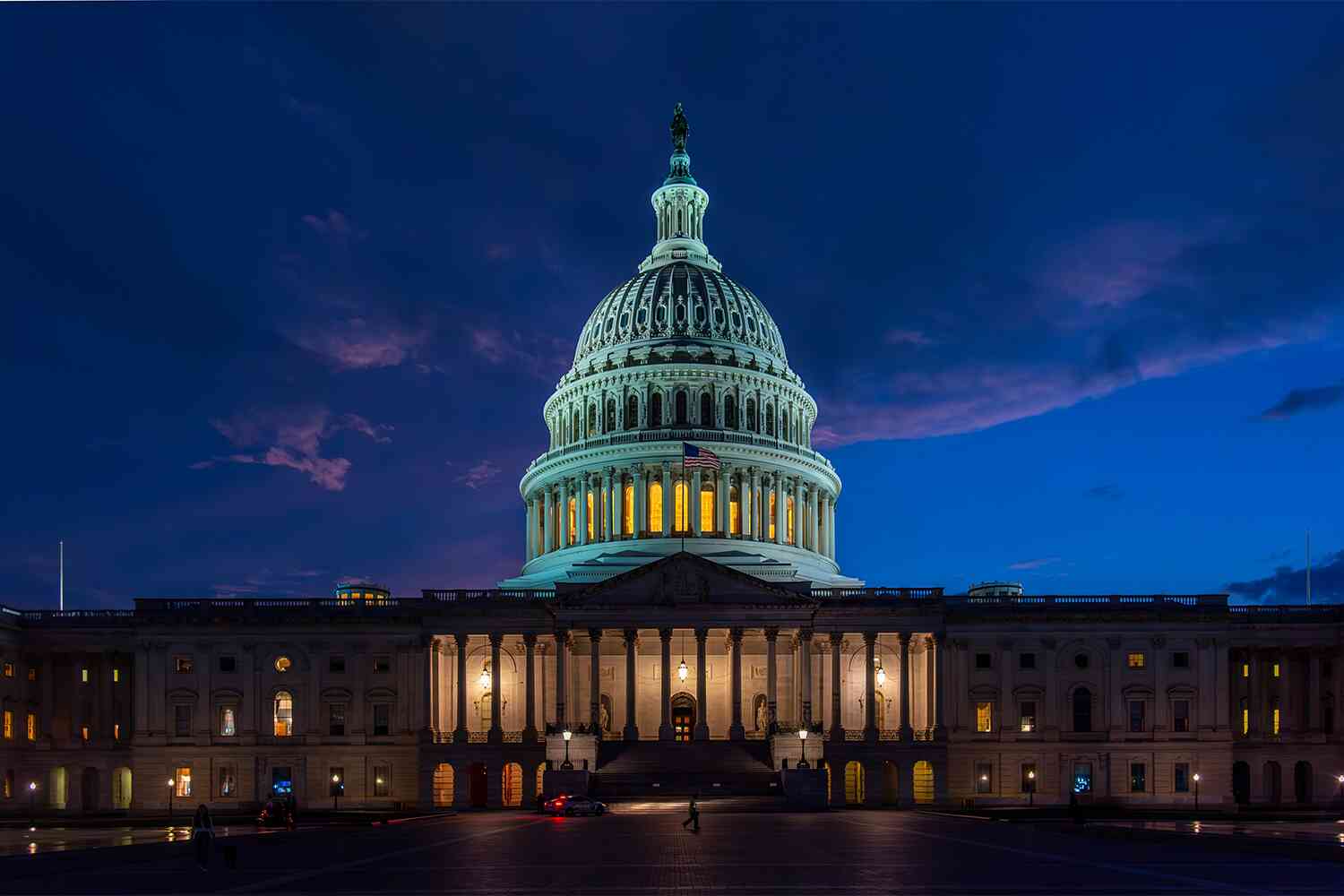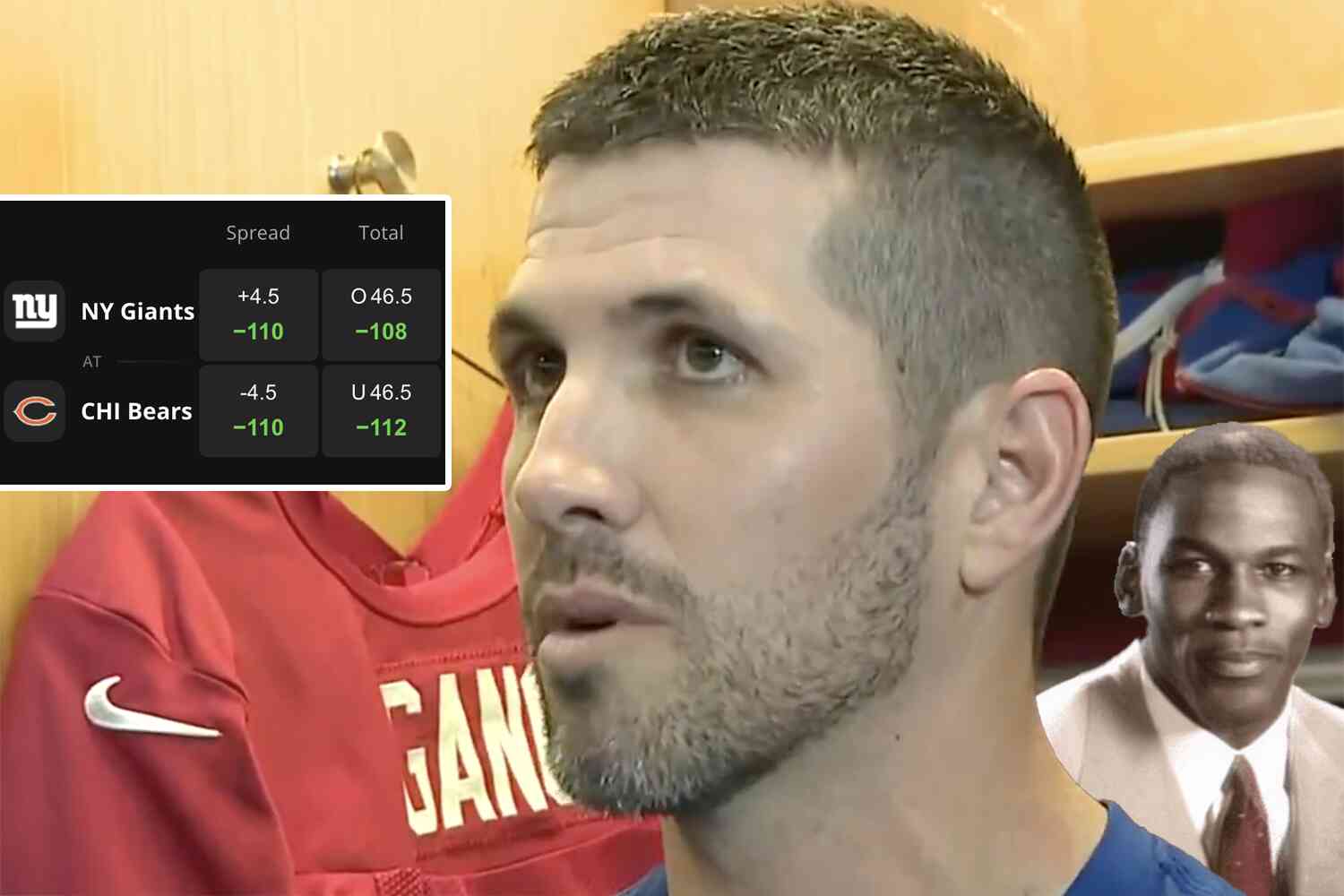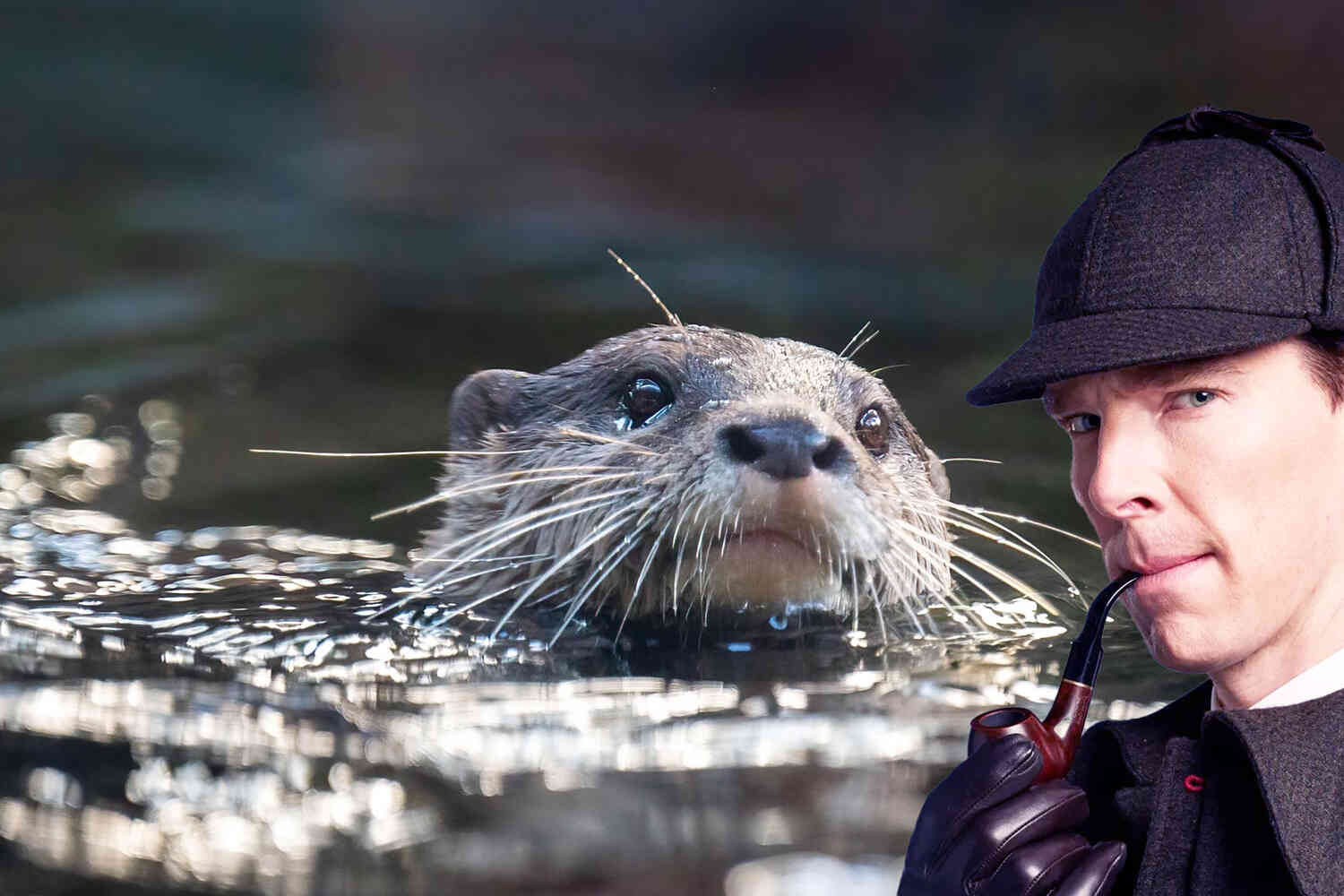How in the world is this a thing?
This piece is in Forbes. It's written by Virgie Tovar, who is apparently "one of the nation's leading experts on weight bias."

The wildly popular Netflix show "Bridgerton" is based off a series of romance novels depicting courtship and sex in 1800s London.
Netflix raised eyebrows with the show after the first season alone contained over a dozen sordid sex scenes, including scenes [content warning ahead] dedicated to masturbation and gay orgies.
Screenshots:
Netflix also changed history to be more woke, turning the wife of King George III (the tyrant America rebelled against) into an African. You may recall Netflix even made a movie depicting her as a black woman. 👇
In the woke universe of Netflix, this led King George to give estates and titles to a racially diverse cast of characters.
The series is set during the early 1800s in an alternative London Regency era, in which George III established racial equality and granted many people of African descent aristocratic titles due to the African heritage of his wife, Queen Charlotte.
ROFL.
That brings us to the next woke item of "fatphobia."
Here's how Forbes, you know, the finance magazine, begins their story:
'I have seen so much discourse circulating online about Bridgerton and the relationship between Penelope (and) Colin,' begins a post by the Chicago-based, plus-size vintage and modern clothing retailer Luv Sick Plus ...
Forbes is quoting a "plus-sized" clothing store on Instagram to defend against fatphobia. What a time to be alive.
An unfortunate post on Threads said this would never happen and was so unrealistic. I have my own feelings on the show and characters ... but one thing I know for 100% certainty, is that fat people have and always will be loved & lusted after.

This is all in reference to a romance in a Netflix show between a fit dude and a chubby girl.
Forbes' issue with this storyline? They have none. They think the woke, intersectional "inter-weight romance" category is a real thing that needs to be celebrated.
The mixed-weight romance between Penelope Featherington (played by actress Nicola Coughlan) and Colin Bridgerton (played by Luke Newton) defies romance plotline convention.
It does more than that, though. This love story creates friction around the socially acceptable limits of desire and desirability, doing what Rhimes does best — unveiling unsettling truths about human relationships. In this case, the truth is that thin people (yes, dare I say, even straight men with cash and cachet) desire, love and marry people who are larger than they are all of the time.
The plus-size magazine loves it. Netflix loves it. Forbes loves it. All the woke vanguards love this plotline.
BUT the people who run the plus-size store's Instagram saw a vague negative post on Threads ... which led to this article ... in a finance magazine.
In a recent article penned by Zoe Strimpel for The Spectator titled 'Bridgerton's Big Fantasy,' Strimpel declares that Coughlan is 'not hot,' ...

... and proceeds to fat-shame her. Strimpel writes, 'Coughlan is an actress of great value, and might be adored, but she is simply not plausible as the friend who would catch the handsome rich aristocrat Colin Bridgerton's eye in that way.' It's important to examine Strimpel's writing because it offers a glimpse into the nuanced beliefs and rules that are part of fatphobia — because it's fatphobia that's at the core of why 'Polin' (Couple name of Penelope and Colin) has created such a tizzy.
A rich aristocrat playboy might go for the slim attractive girl? GASP!
The writer notes three instances of fatphobia. Her arguments with the author of The Spectator piece is absolutely the peak of wokeness.
First, Strimpel's description of Penelope as 'the friend' reveals a need to sideline plus-size people, even when they are the main character of their own love story. This is a form of fatphobia we've seen frequently in romantic comedies that cast larger-bodied actresses as the asexual sidekicks of smaller-bodied ones.
Reality really hurts this woman, doesn't it?
Second, it's important to notice that Colin's desire for Penelope isn't even addressed. Only the implausibility of that desire is mentioned. The truth is, though, that Colin wants Penelope, right? He's not a prisoner in this romance, right? Yet, it's not Colin's desire that's being pathologized or chided at all. It's Penelope's body.
Umm, no. This is a fictional show. With fictional characters. Created by Shonda Rhimes, who is the queen of woke TV. So, no, actually. It's not real, at least in this case.
Finally, what makes 'Polin' implausible to Strimpel is not merely that Colin is 'handsome,' which seems to axiomatically (and problematically) include his thinness, but also that he is 'rich' and an 'aristocrat.' This speaks to the complex ways that fatphobia interacts with other characteristics, like class.
Ladies, you absolutely hate attractive rich guys, right? No woman likes the idea of marrying a wealthy and powerful provider ... who is also physically fit to protect them and give them children. Stop thinking that these are desirous traits that every woman on the planet for all of human history has wanted!
What we really need are less movies about women falling in love with the princes of obscure European nations over Christmas vacation ...
... and more movies about women falling in love with poor boys with beer guts from the trailer park!
Though Strimpel has no problem calling Penelope fat, the plus-size internet is divided over whether she is, in fact, a 'fat icon,' as one Instagrammer put it. A post, published by Los Angeles-based plus-size boutique, The Plus Bus, reads, 'There's a new fat icon to watch … and we're LIVING for her.'
She is fat and we must idolize fatness!
P.S. Now check out our latest video 👇









